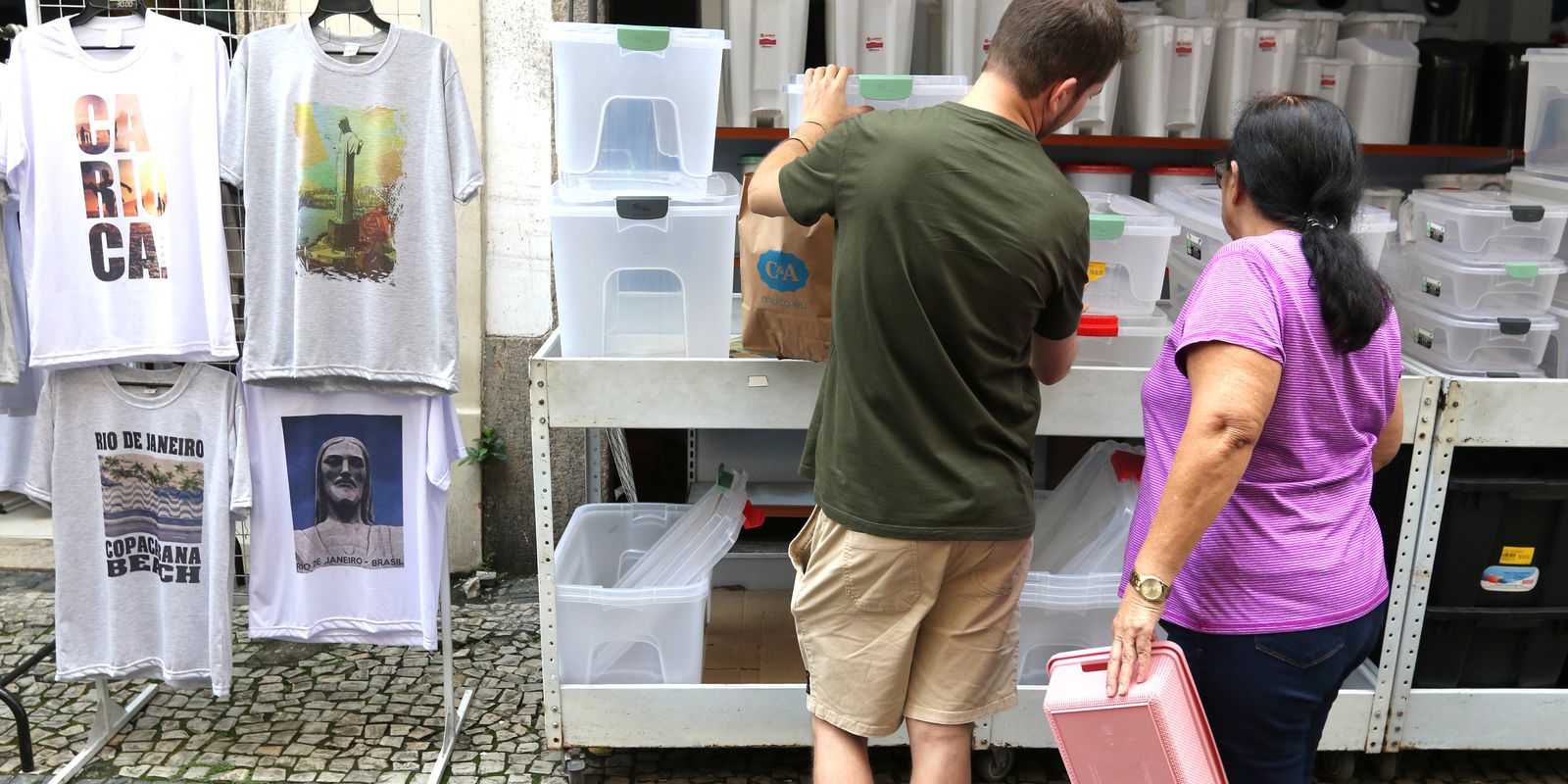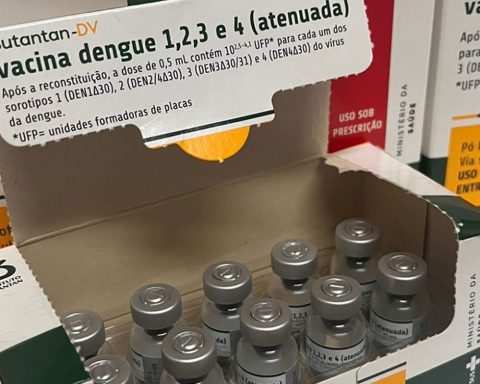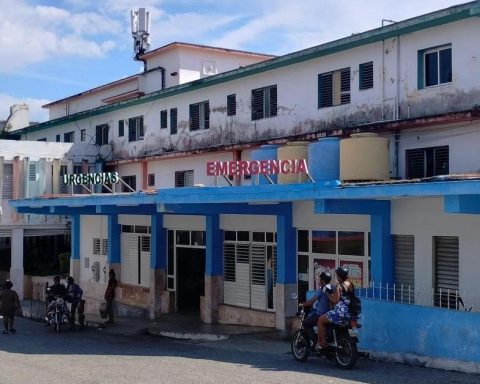The Leading Employment Indicator (IAEmp) increased by 1.7 points in March, reaching 76.4 points. According to the Brazilian Institute of Economics of the Getulio Vargas Foundation (FGV/Ibre), which calculates the indicator, this is the highest level since October last year, when it reached 79.8 points. In quarterly moving averages, the IAEmp rose 0.6 points reaching 75.0 points.
Among the seven components of the IAEmp, four contributed positively to the performance of the indicator in March. According to Ibre, the highlights were the Business Trend and Expected Industry Employment indicators, which contributed with 1.4 and 1.0 points.
In the opposite direction, with a decrease of 0.7 points, the Indicator of Predicted Employment in Services and the Indicator of Current Business Situation in Industry, which decreased by 0.5 points, were the worst results.
For Rodolpho Tobler, economist at Ibre, what can be observed is that, in fact, there was an improvement in February and March, but there is still a certain caution.
“As much as this improvement has been, it is still insufficient to cover what was lost at the turn of 2022 to 2023, which had a much greater retreat than these highs that we have now and they have not been so widespread. It is one or another sector or segment, which shows some kind of reaction, but which still seems to be more linked to some accommodation or correction, a reduction of the pessimism that was felt at the turn of the year”, he explained to Agência Brasil.
Scenario under analysis
According to Tobler, the scenario is still not entirely favorable, although the indicator has stopped falling. He said that the expectation is not that things will improve now and return to a very favorable trajectory as occurred in the middle of 2022.
“Now, there are months that he [indicador] it oscillates and stays a little parked on this low level. It is the scenario that we observe and a lot because the labor market has been influenced by economic activity. The pandemic seems increasingly under the radar. What will dictate the pace of recovery in the labor market will be economic activity. With this macroeconomic environment in which we live today with still very high interest rates, inflation with difficulty to decelerate more strongly, consumers still very cautious and with a lot of debt, all these issues that involve the macroeconomic environment still very challenging end up influencing the job market ”, he noted.
Regarding the April result, Tobler added that, even if the month has a positive result, it should not be anything comparable to the levels of the middle of 2022. “There may be something very marginal, but nothing that will recover that level that the we already had last year. Anticipation is still kind of cautious,” she noted.
market movements
According to the Getulio Vargas Foundation’s Brazilian Institute of Economics, the objective of the Antecedent Employment Indicator is to anticipate the main movements in the labor market in Brazil, taking into account data extracted from Business and Consumer Surveys produced by FGV/Ibre.
“Data relating to expectations regarding the labor market are taken from the Consumer Survey, while data relating to expected employment, current business situation and business trends are taken from the Industry Survey and the Services Survey, individually ” stressed.
According to FGV/Ibre, the topic of employment in the Consumer Survey includes questions about the present and future situation of the labor market, revealing your expectations for the following months in relation to the labor market in the city where you live.
The IAEmp also considers six series from the Business Surveys, three from the Industry Survey and three series from the Services Survey.
The Survey of the Manufacturing Industry Survey also analyzes questions that deal with the present and the near future, with aggregated data from 21 industrial genres. The survey of the Service Sector Survey evaluates data from all service sectors excluding government, continuing education and health activities, financial sector and commerce.















